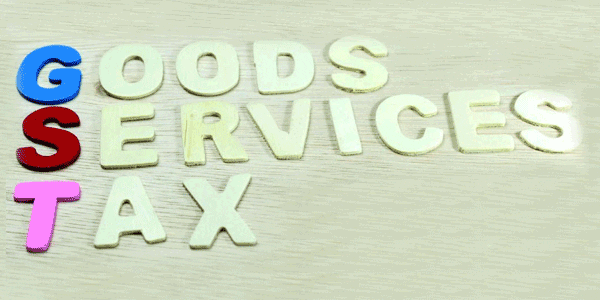GST: Playing the game right
An introduction to the new indirect tax regime – GST, which will be a game changer for the country, including the travel and hospitality sectors By Suhas Tuljapurkar

GST is considered as a game changer because it is expected to weed out brokers (middlemen), be a borderless tax regime and curb corruption. It is a game changer also, for many other reasons. The manner in which the Government of India has implemented GST so far is unique, a welcome change and needs to be applauded by everyone. The GST Council has done remarkable work with microscopic details. The magnamity of implementing GST in India is not lost on anybody including global economists.
GST’s hallmark is transparency, ease and simplification. Even before GST has come into force a lot of people have interpreted GST in a manner contrary to the intention of the legislation. A clear understanding of GST and its rules is the need of the hour. In true sense, GST is the tax on value added by the assessee. Procuring from unregistered vendors will not only place the tax burden on the assessee but the assessee will also lose the benefit of availing Input Tax Credit (ITC). One must ensure that the vendor is not only registered under GST but is also compliant under the Act. Thus it is imperative that every organisation prepares and maintains documents in a timely and systematic manner.
This brings me to what I consider as one of the most crucial aspects of GST – anti-profiteering. Any savings made by availing ITC is not to be considered as a “gain”. The benefit of availing ITC must be transferred to the consumer in the form of reduced prices. Failure to do so shall be termed as anti-profiteering, leading to dire consequences, including deregistration and imprisonment. Therefore, essential GST is a “Zero Sum Game”. Systematic and micro level tax planning will be the key to successfully playing this Zero Sum Game.
The nature of GST is such that one must correctly classify outward supply. I firmly believe that, organisations should stick to their classification of outward supply and refrain from trying to classify their goods or services into lower tax brackets. One may note that incorrect classification of supply of goods or services or both shall be a matter of dispute with the government.
It is for the first time that a country as large and diverse as India has attempted implementing GST. Transition from a plethora of taxes to a single tax regime may see some transitional hiccups and difficulties, however the GST Council and various mechanisms of the government are working tirelessly to ensure smooth transition. With the implementation of GST, for a brief time period, India may experience increase in inflation rates. In order to curb inflation, the government may come out with a price list of various goods and services.
The dream of Indian prime minister Narendra Modi of “One Tax One Country One Market” would be possible only if every stakeholder understands the game and the rules of the game and ensures that India emerges as the winner!
(The author is Managing Partner, Legasis Partners and Founder Director, Legasis Services)

